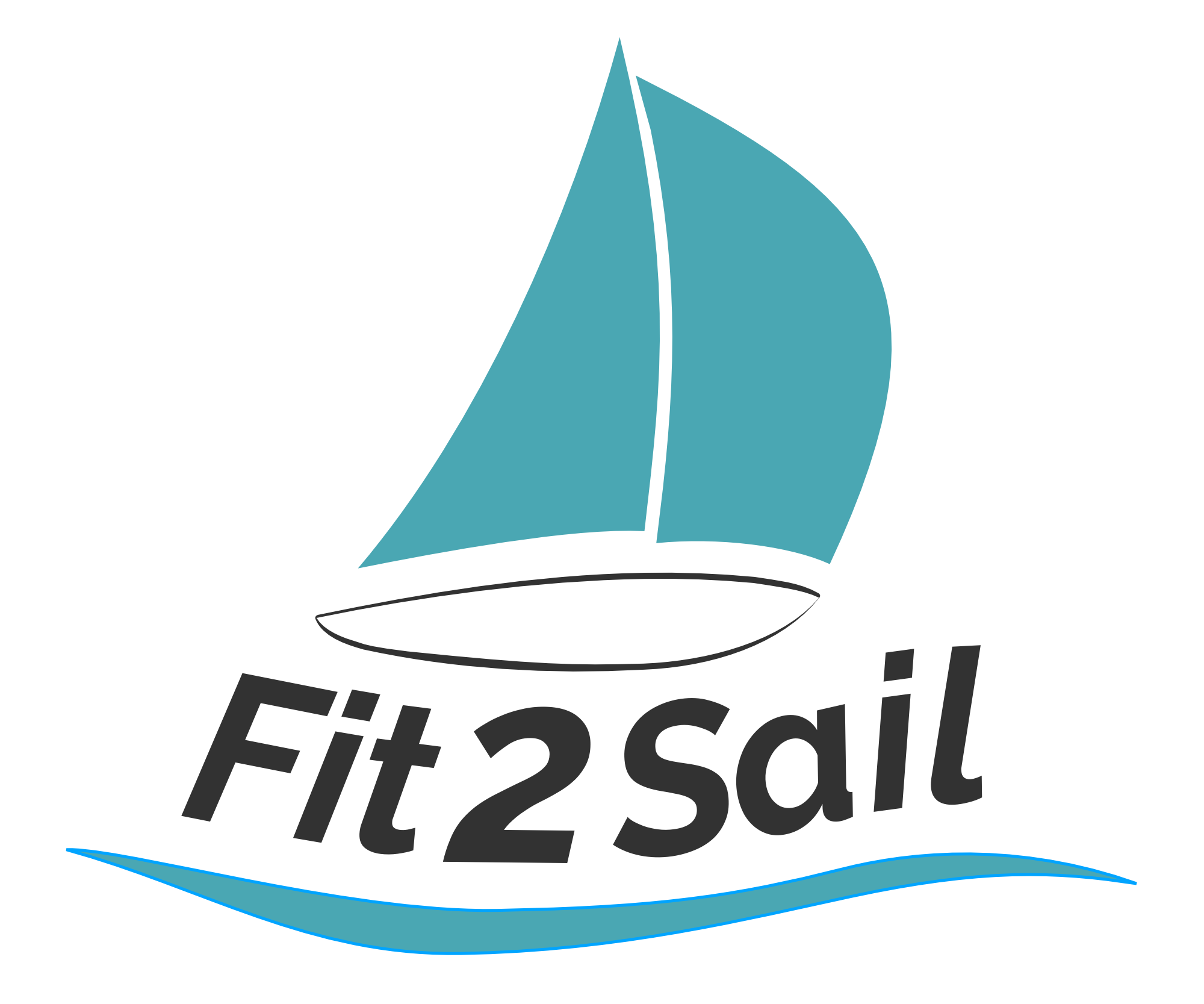Expenses Tracking - Useful to You?
I’ve been having some fun scrolling on forums lately, focusing on the posts where people share their cruising-related expenses. What I’m not seeing yet is posts about what it costs to GET READY to cruise, on an existing boat that’s undergoing a massive overhaul and refit while simultaneously living in a house that we’re about to sell. A lot of the categories related to the boat will be the same once we take off but the cost will (hopefully) be far smaller.
Would you find that useful/interesting in any way? I was thinking of the following categories:
House (insurance, projects, expenses associated with listing/selling - we have no mortgage as the house is paid off)
House utilities (power, water, internet, propane)
Boat insurance
Boat registration/documentation
Boat projects (purchased items)
Time spent doing boat projects
Costs of dockage/hauling out/storage
Groceries
Eating out
subscriptions (Netflix etc)
Car expenses (gas, insurance, maintenance)
Medical (for us and the kids; for now, the cost of medical insurance is NOT in here as that’s part of the benefits package at J’s work)
Cell phone
Business expenses (domain names, LLC registration, storage)
Miscellaneous
Any other categories?
My version of this includes every single penny. For example, in November of 2019 we spent $411.19 on boat projects, which included such items as $65 for our storage unit by the water, $121.04 for sander bits and electronic parts for the Vesper AIS unit, and even $.85 to send paperwork off for the documentation. (Obviously this isn’t the whole shebang.) I write down things like $3.00 for screws and $5.00 to the guy on the internet for wind vane plans. There aren’t missing parts to the numbers.
Why would I do this? A few reasons.
I think it’s easy to underestimate the amount of money it takes to do things on a boat.
Once we set off, expenses will be categorized in the “cruising” mode.
Transparency. I’d really like to be a resource for others, and for people to see what they can do on a budget. If we manage to stick to $2000 a month once we set off, it’ll be because we have incurred all these costs done a lot of refitting and buying things ahead of time.
